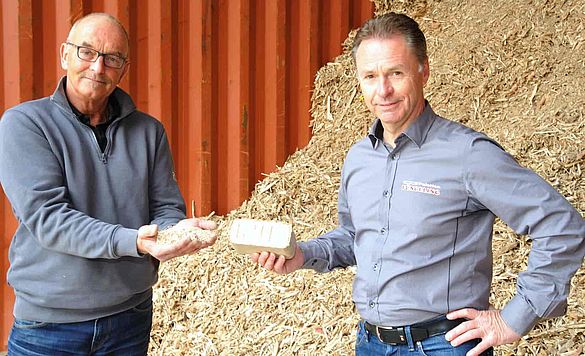Briquetting for sustainable creation of value Parquet flooring manufacturer Bauwerk briquettes sawings and sanding debris on three RUF installations
The Bauwerk Group’s production plant in Đurđevac, Croatia, runs three RUF presses that transform accumulated sawings and sanding debris into compact wood briquettes. This helps to minimise the huge efforts otherwise involved in handling these bulk materials. In addition, in their briquetted forms, the sawings and sanding debris gain a considerable boost in value as a carbon neutral fuel, which in turn promotes healthy sales revenues.
East of Zagreb, nature supplies the key raw material for parquet flooring: oakwood. As a measure to maximise the sustainability of its parquet production, the Bauwerk Group in 2018 set up in this very place a production plant. This plant in the Croatian town of Đurđevac incorporates the whole value chain, commencing with the felled logs from the neighbouring Repaš forest and ending with the finished flooring. The transport routes remain short – and only the completed final product with the characteristic Croatian oak texture is shipped to customers in Europe. “Here the oak can grow for as many as 120 years. And when we harvest it at the end of its lifecycle, we plant a new oak for each one felled,” stressed Plant Manager Alen Mijoč.
With a view to maximising sustainability and eliminating waste, the company must necessarily recycle the wood debris accumulating from its production. At present, three presses by RUF Maschinenbau compress into manageable briquettes about 6500 tonnes per year of sawings and sanding debris generated from a good million square metres of parquet flooring. Production debris is therefore converted into a sustainable fuel enjoying high demand for wood-burning heating systems.
This recycling policy is a shining example combining sustainability, efficiency, and economy. Normally, the bulk sawings and sanding debris generated by the production of parquet flooring necessitate huge efforts for their handling. Their high volume requires a great many expensive and polluting transports by truck. In addition, they must be conveyed in sealed containers preventing their dispersal into the environment. “And at the end of the day, nobody wants to pay much for bulk wood debris,” added Alen Mijoč. After briquetting, though, the situation takes on a completely different aspect. Storage and transport become extremely simple, and the value positively rockets.
When in 2017 the Bauwerk Group took over a wood processing facility in Đurđevac with a view to setting up one of the most modern production plants for parquet flooring in Europe, the Group also discovered here a number of briquetting installations. The former owner had been running four RUF presses since 2004, and Bauwerk now integrated these into its new production facilities. Production started in 2018.
Following encouraging experience with the RUF installations, Senior Engineer Peter Brenner decided to replace the four old installations with three ultra modern RUF systems by early 2022. “These three new RUF systems of the type LIGNUM R6 are now producing even more briquettes than the four machines before them,” claimed Brenner. This large gain in efficiency is promoted primarily by the high level of overall automation. For instance, the sawings and sanding debris from production are extracted through piping and into a silo. From there a distributor supplies this material to the three briquetting installations.
The RUF LIGNUM R6 units compress the wood debris to compact briquettes under a specific pressure as high as 1700 kg/cm2. These measure 150 × 60 mm and are about 95 mm long. Each unit can produce up to 850 briquettes an hour, or over 700 kg.
The length is calculated from the specifications restricting the briquette’s weight, which must be 835–840 g. Twelve briquettes therefore make up a package, which in turn must weigh at least 10 kg. As a measure to minimise specification tolerances, the machines are fitted with a system that measures automatically the briquettes and, on detecting discrepancies, causes more or less material to be injected into the mould for the directly following briquetting process.
Also the further handling of the finished briquettes is automated. “The end-to-end solution from RUF has helped us a lot here,” confessed Peter Brenner. Žiga Ravnik, Managing Director of the RUF agency in Slovenia, designed for Bauwerk an entire topology incorporating the three briquetting installations and a third-party conveyor and packaging system and coordinated RUF personnel in the setup and commissioning of the presses as well as outside workers for the packager.
The system now outputs finished packages each containing twelve shrinkwrapped briquettes and bearing a product data sheet. The only manual work involved is performed by one person, who stacks these packages on a pallet.
“Operating it couldn’t be easier: On, run, OFF,” explained Senior Engineer Brenner. At the start of the early morning shift on Monday, an employee switches on the three machines, the whole system then runs around the clock through the week, and on Friday evenings an employee switches them off. Also maintenance is negligible. Earlier, this was performed to a large degree by the company itself. “But in the end, it proved better to commission RUF engineers to take over the annual servicing. So downtimes are practically zero. At the final count we find this more profitable,” concluded Brenner.
With respect to return on investment (ROI), a special situation gave rise to an exceptionally good result. Owing to the rocketing prices for energy and hence wood briquettes a good year ago, the returns on briquettes sold to wholesalers equalled after only five months the sum of all investments in the briquetting installations, the conveyor, the packager, and the converted former boiler house at the press site. “We checked and checked and checked again – and each time it was only five months,” said Brenner, himself surprised at the shortness of this payback time. Yet independently of the very high returns achieved at times with wood briquettes, an investment of this kind usually pays off within a few years, because briquetted wood is always worth far more than its bulk form.
Yet wood briquettes enjoyed a vigorous demand even before the developments on the energy markets. Owing to the high pressures involved, briquettes exhibit a minimum density of 1.0 kg/l, considerably more than chopped firewood. Also their moisture content is lower, and consequently their calorific value higher: 5 kWh/kg with 12% residual moisture. According to Plant Manager Alen Mijoč, the Bauwerk briquettes have an even higher calorific value. He explains: “For the production of our quality parquet flooring, the wood used must exhibit a moisture content of exactly 6.6%, which we monitor at various sites along the production line. This low moisture content is then transferred to the briquettes. The RUF presses can process this dry material directly.”
The near future will see Bauwerk expanding its briquetting operations even further. This will include the debris that the upstream sawmill generates and so far is being sold to an external company. Owing to its high moisture content, this debris is at present still unsuitable for briquetting. Yet this, according to Alen Mijoč, will change in the year 2024. Then the plans are to purchase a dryer and one or two additional briquetting presses. “And of course RUF is again our first port of call,” confirmed the plant manager and his senior engineer Peter Brenner together.


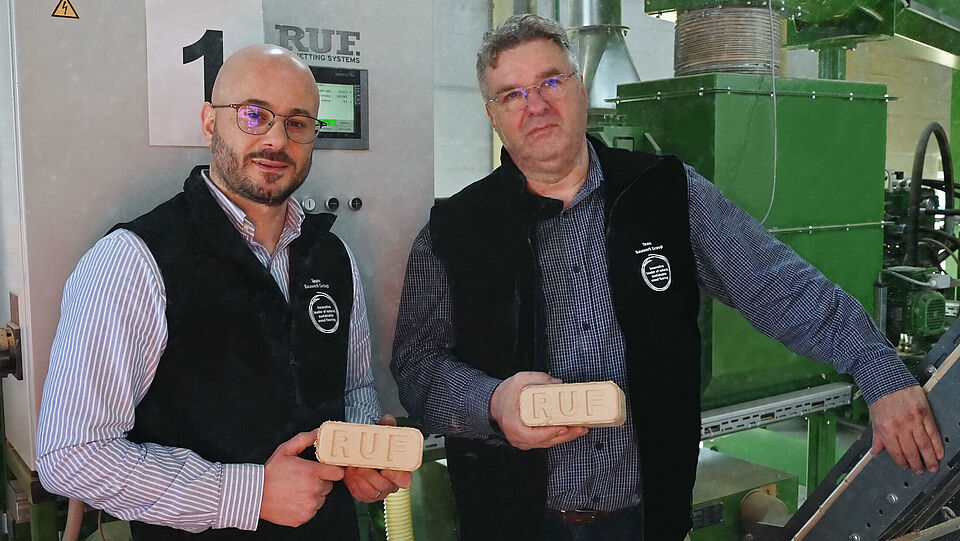
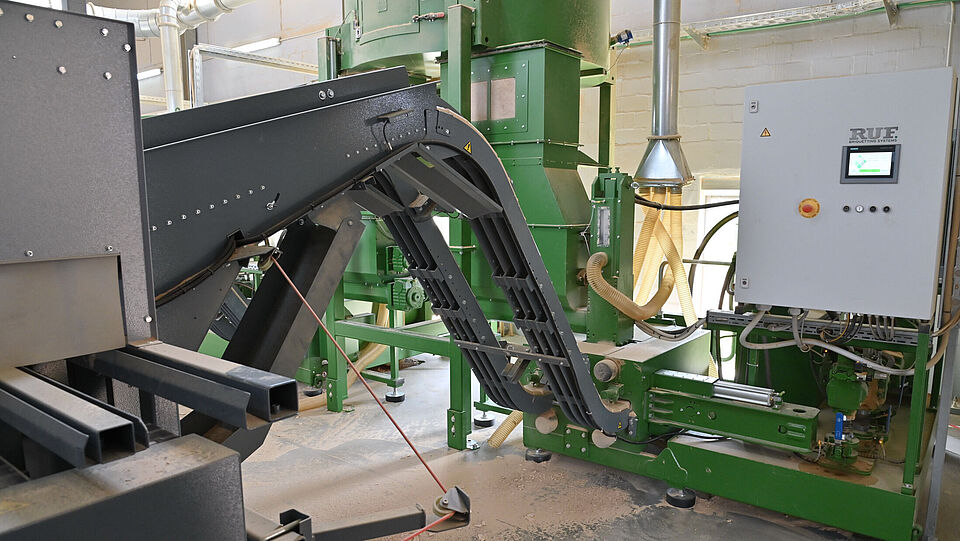
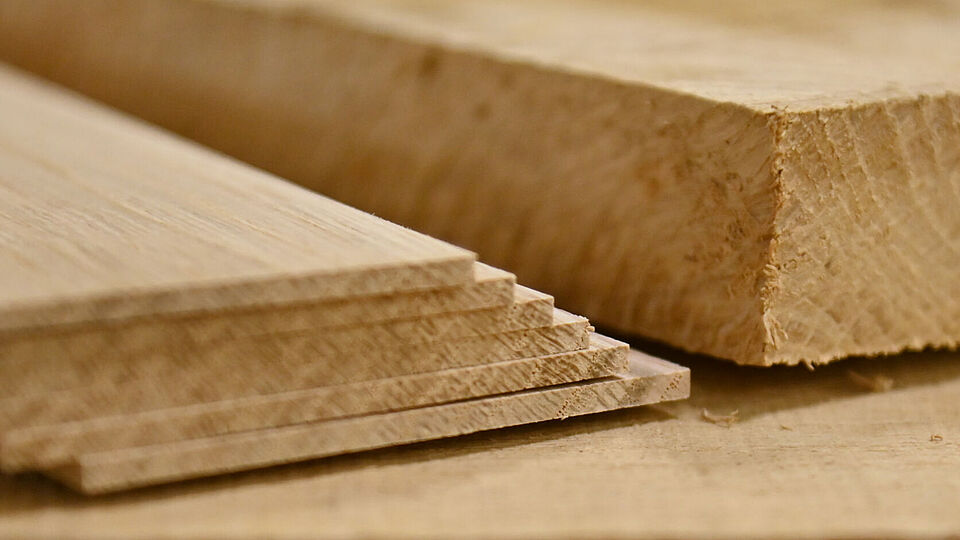
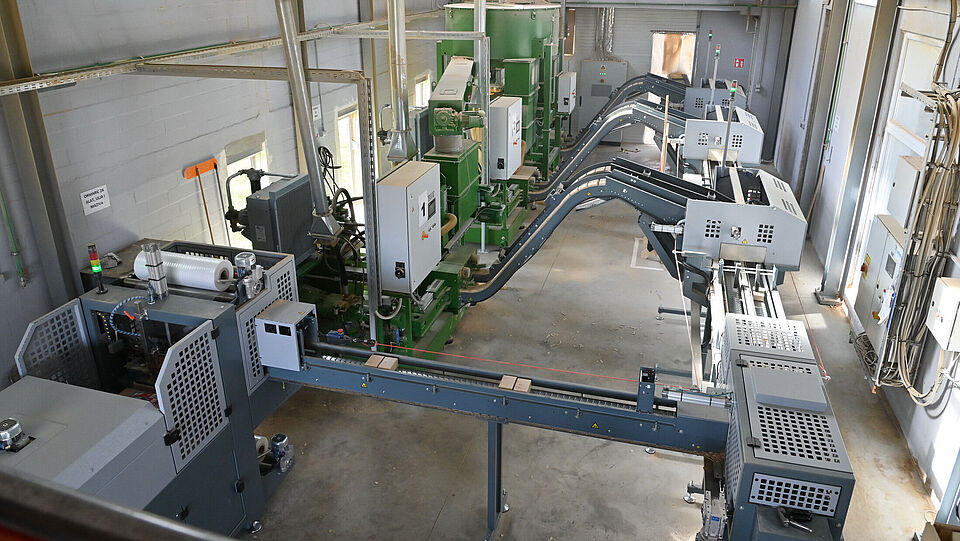
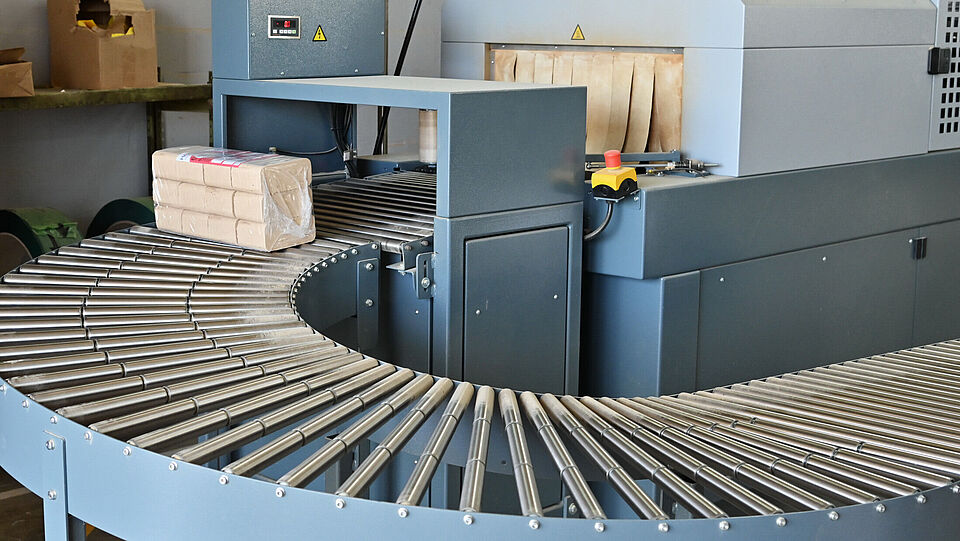
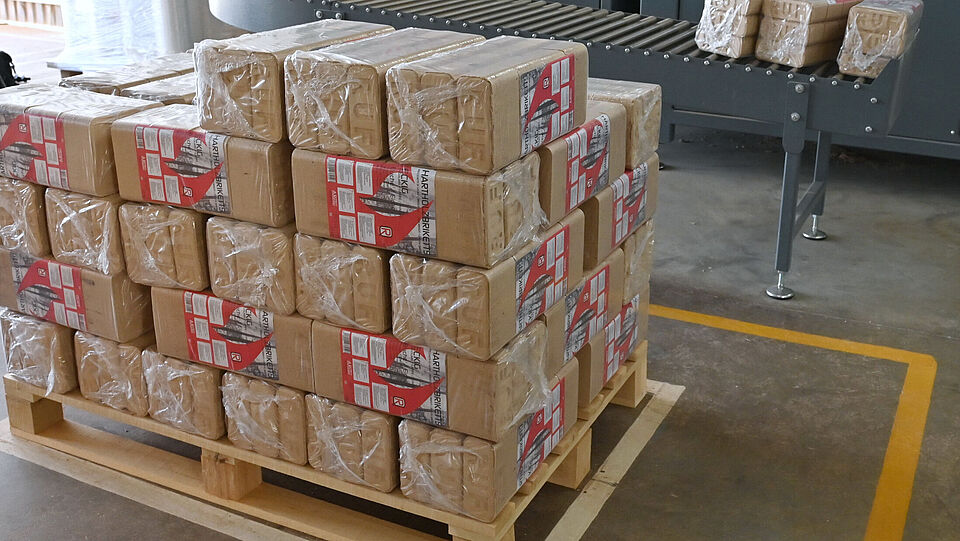
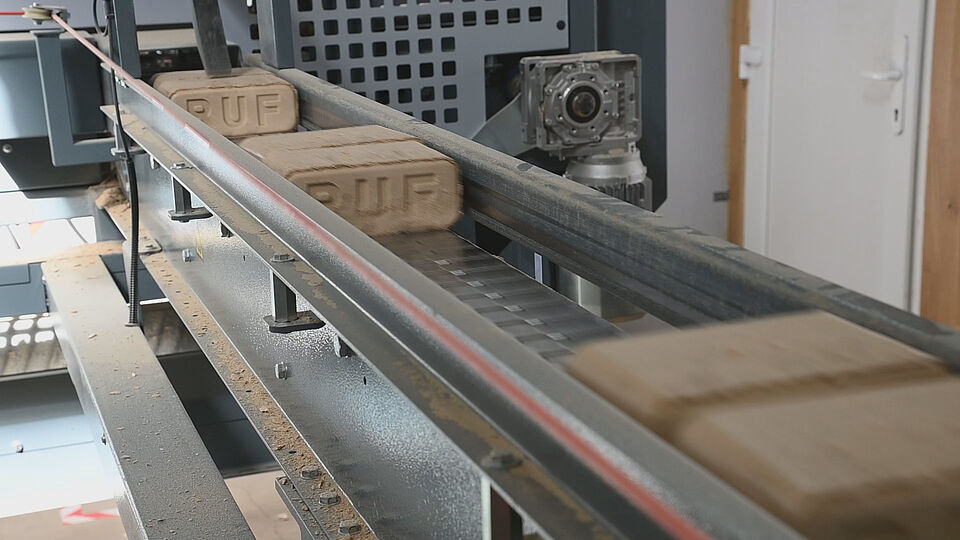
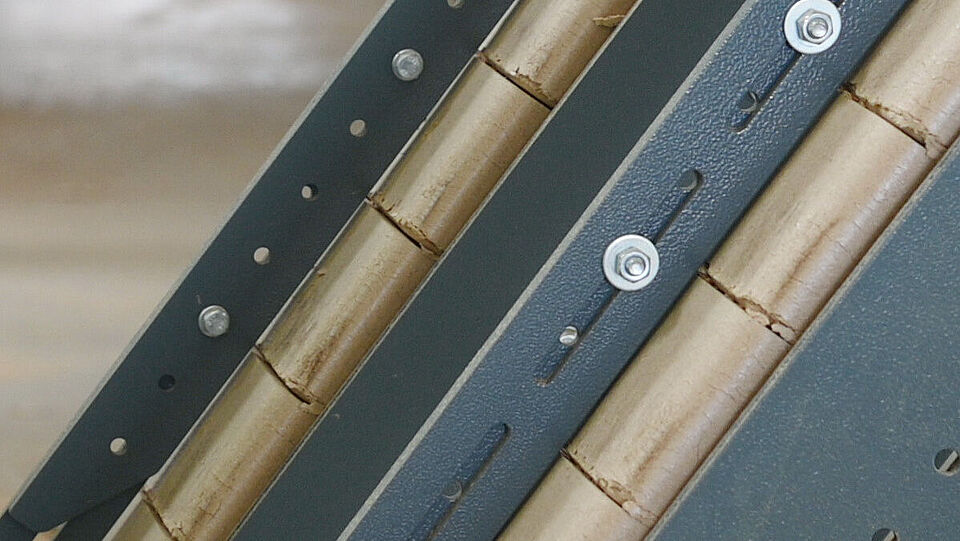
![[Translate to EN:] [Translate to EN:]](/fileadmin/_processed_/c/f/csm_Angenehme_Waerme_mit_RUF_Holzbriketts_f00ade45ee.jpg)
